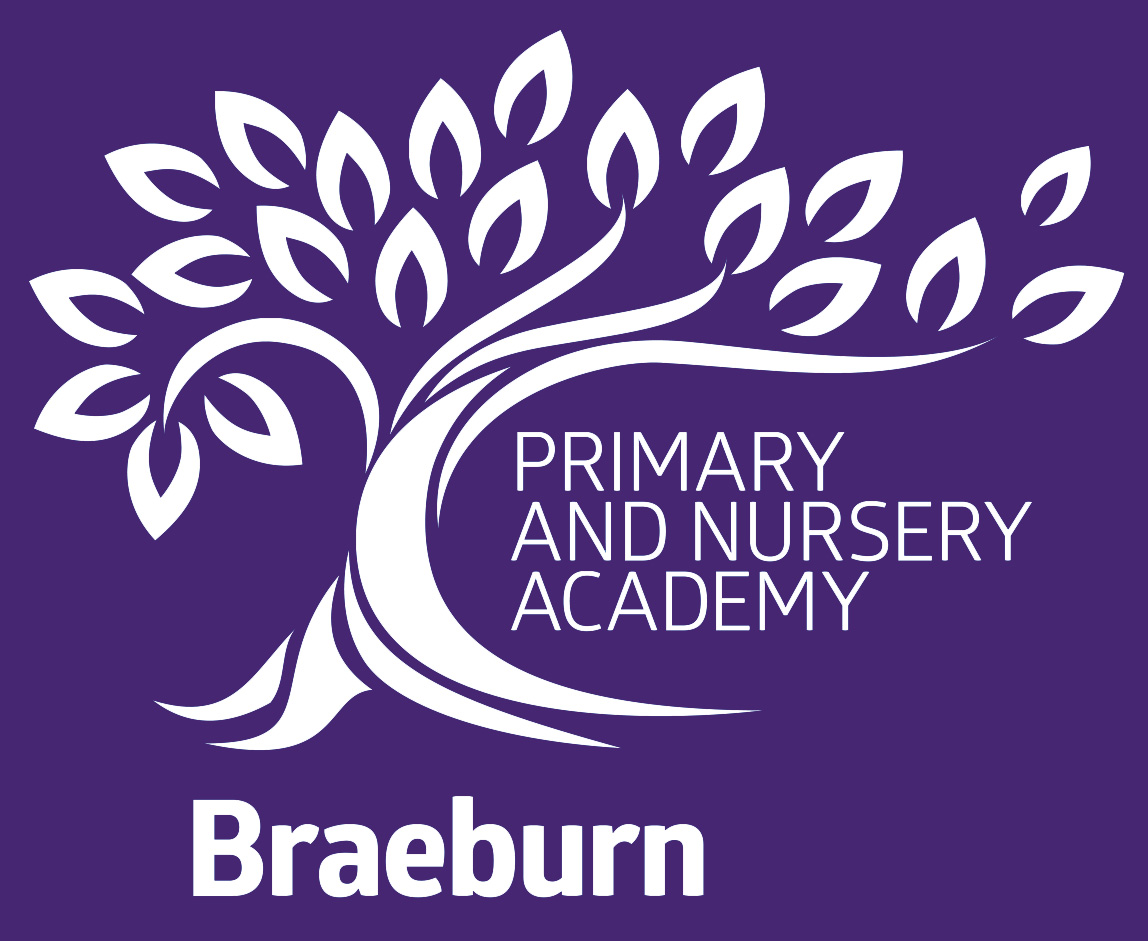 Substantive knowledge:
Substantive knowledge:
In Phonics and Early Reading, substantive knowledge is the ability to decode and sight read words. This allows children opportunities to read for pleasure, including reading and reciting poetry, and develop their vocabulary. Children are then able to apply their knowledge of reading strategies to comprehend a range of texts. Our goal is for children to learn to read so that they can read to learn and read for pleasure.
Disciplinary knowledge:
In Phonics and Early Reading, the disciplinary knowledge is delivered through the Little Wandle Letters and Sounds Revised programme.
Children in Nursery begin their journey into reading with our Foundations to Phonics programme. During these sessions children develop their focused listening and attention and oral blending skills. Children play games with sounds and this ensures that they are ‘tuned into’ sounds when they begin Phase 2.
In Reception through repeated practice of the Grapheme Phoneme Correspondences (GPC), children then learn to orally blend and finally decode and blend written words.
In Year One children are exposed to a wider range of alternative phonemes and use these to make their spelling more accurate.
Across the Little Wandle programme children learn to use the phonemes to read words, sentences and make spelling choices. Children build their reading fluency through repeated practice of decodable words and building reading stamina.
Phonics Long Term Plan
At Braeburn we employ adaptive teaching strategies to ensure all learners are motivated to learn and achieve their goals. Within the Little Wandle Programme we assess regularly and this information helps us place children so that they receive targeted support. Across all key stages at Braeburn, children are given the opportunity to develop their decoding skills until they are able to read fluently
Phonics Parent Guide
Useful Links
www.littlewandlelettersandsounds.org.uk/resources/for-parents/



